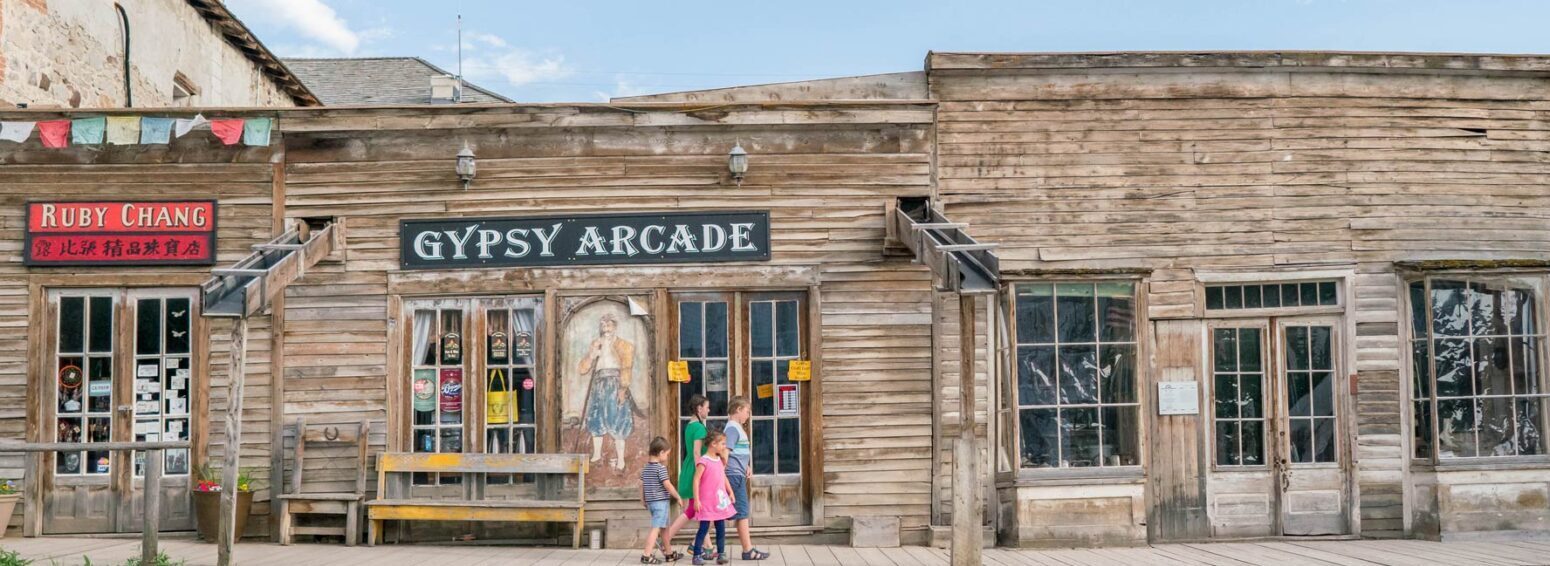VIRGINIA CITY, Mont. — Montana is making a century-long commitment to save its crumbling historic properties, offering 99-year leases to private investors willing to pour substantial capital into preserving the state’s Wild West heritage.
The Montana Heritage Preservation and Development Commission announced Wednesday that it is launching a formal application process for long-term leases on historic state properties, made possible by House Bill 680, sponsored by Rep. Ken Walsh, R-Madison County, which passed the legislature earlier this year.
The legislative change represents a dramatic shift in how Montana approaches historic preservation. Previously, the commission was limited to 20-year lease terms — not nearly long enough to justify the major capital investments these deteriorating properties desperately need. Now, private organizations making “substantial capital investments” can secure leases for up to 99 years.
Properties in Crisis
The stakes are real. The commission’s current lease opportunities read like a preservation emergency list:
The Susan Marr House in Virginia City requires “substantial structural repair or rebuild.” The Hickman House, also in Virginia City, needs “ongoing preservation and significant repairs” despite some previous work. The Gilbert House, located across from the Gilbert Brewery in the heart of Virginia City, is described as needing “major renovation and restoration” to save its “unique character and importance to the community.”
Then there is the Nevada City Hotel, a 14-room historic stagecoach station that offers perhaps the most immediate commercial potential but needs foundation repair and interior renovation.
The Economics of 99 Years
The extended lease terms fundamentally change the preservation equation. A private investor facing a $500,000 restoration of a historic home can now amortize that investment over nearly a century rather than just two decades. The difference transforms unfeasible projects into potentially profitable ones.
“This is an invitation to entrepreneurs, cultural organizations, hospitality partners and investors who believe that history has a future,” said Kal Poole, executive director of the Montana Heritage Commission. “We are seeking thoughtful, creative tenants who want to be part of preserving these irreplaceable sites while bringing them renewed life through adaptive use.”
The commission emphasizes that priority will go to projects demonstrating “strong business fundamentals, cultural sensitivity and alignment with MHC’s mission of preservation and public engagement.”
Beyond Virginia City
The program extends beyond Virginia City to include properties in Nevada City and Helena’s Reeder’s Alley. The River of Gold Cabin near Nevada City, for instance, sits on land with potential for campground development — a different kind of preservation opportunity that could serve Montana’s growing outdoor recreation economy.
All properties must be restored according to U.S. Department of the Interior historic preservation standards, ensuring that private investment does not compromise historical integrity.
A New Model
Montana is not the first state to use long-term leases for historic preservation, but the 99-year term and immediate implementation represent an aggressive approach to a persistent problem: how to maintain historic properties when government budgets cannot cover the costs.
The commission manages dozens of historic sites across the state, and the new lease program could serve as a model for other states grappling with similar preservation challenges.
Applications are reviewed quarterly, and the commission encourages potential applicants to reach out for preliminary discussions before submitting formal proposals. The full application process and property details are available on the commission’s website.
For Montana’s historic properties, the question is not whether they need help — it is whether this century-long commitment will attract the right kind of private partners to provide it.
